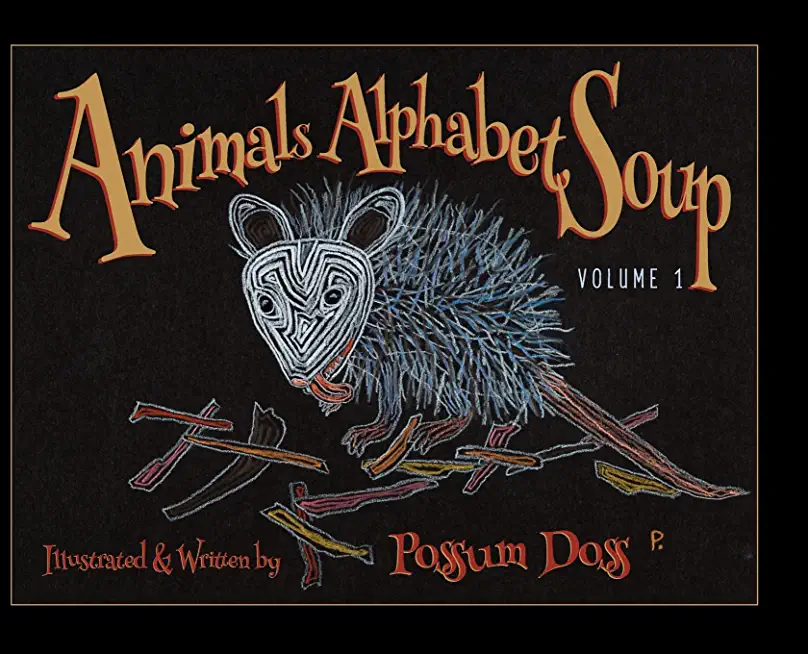
description
-and-a-half thousand years ago, Aesop's Fables are still passed on from parent to child, and are embedded in our collective consciousness. The morals we have learned from these tales continue to inform our judgements, but have the stories also informed how we regard their animal protagonists? Are wolves deceptive villains? Are crows insightful geniuses? And could a tortoise really beat a hare in a race? What truths about the animal world lie behind these tales? In Aesop's Animals, zoologist Jo Wimpenny turns a critical eye to the fables to examine the science behind Aesop's portrayal of the animal kingdom. She brings the tales into the twenty-first century, introducing the latest findings from the world of behavioural ecology - the study of why animals do the things they do, in areas such as tool use, plans and projections, self-recognition, cooperation and deception. How close to verifiable scientific truths do these ancient tales lay? Sifting facts from fiction, Aesop's Animals explores and challenges our notions about animals, the ways in which they behave, and the roles we both play in our shared world.
member goods
No member items were found under this heading.
Return Policy
All sales are final
Shipping
No special shipping considerations available.
Shipping fees determined at checkout.







